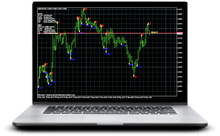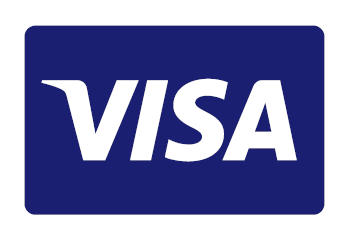Negotiable
Negotiable
The term “negotiable” means the price of a good or security, which can be “under negotiation”, i.e. is not firmly settled. The word can be used for a price of good or security, which is easy to transfer from one party to another.
In finance, the term negotiable means a legal document which can be used instead of cash. A subject uses it to promise a payment the future. A negotiable instrument comes with specific instructions about the time when a cash flow needs to be paid.
A negotiable instrument has its specific characteristics. At first, it needs to be a written document signed by the entity drawing on the instrument. Secondly, it must have an order or promise to pay and contain a written amount of money. If these conditions are met, the negotiability of the document is confirmed. The instrument also contains instructions on timing (on-demand or in the future). However, if the document does not have a date, it does not impact its main characteristic - negotiability. A good example of a negotiable instrument may be a bill of exchange. It carries an order to pay a specific amount of money to an entity or a person.
The negotiable instruments are traded on the secondary market after the initial sale on the primary market. They may be divided based on risk as high-risk (negotiable securities) and low-risk (negotiable bonds).
In the stock market, one of the well-known negotiable securities is called ADR (American depositary receipt). In simple words, ADR stocks allow non-US companies to trade on US stock exchanges.
2019-08-26 • Updated











